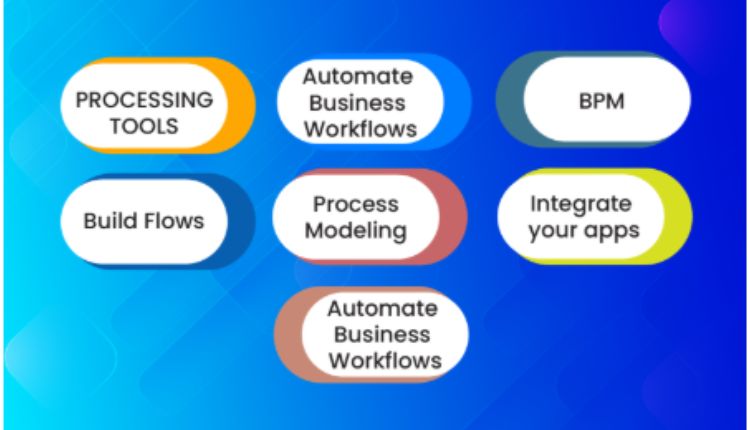Marketing is evolving. One of the most sophisticated marketing strategies is utilizing social media analytics to make decisions about future campaigns. Social media is expected to be significant in marketing in the coming years. When analytics is utilized correctly, the right decisions can be made to increase engagement, reach more people, and ultimately increase sales.
Real-Time Social Media Analytics
With social analytics, real-time data can be analyzed. The ability to analyze information anytime during the day can help marketers make decisions quickly and efficiently. Stats and trends can be viewed and analyzed in real-time, allowing for quicker decisions to be made. Marketers can analyze audience stats (for example, the percentage of people interested in a certain topic) to determine whether or not to run a campaign. Information analysis can provide better insight for marketers so that effective decision-making can be made.
Use it to Measure Performance
Analytics can be used for measuring performance. If a marketing campaign is launched and monitored using social analytics, the performance of each aspect of the campaign can be measured. This includes likes, shares and retweets, number of visits to a site, sales, etc. The information gathered from social media analysis critical in evaluating whether or not the campaign was successful. Return on Investment (ROI) can be calculated based on sales and visits compared to cost.
Use it to Track Conversions
Conversions are a key component in making marketing decisions. Social analytics can determine the success of different advertising campaigns by tracking conversions. Relationship managers, sales managers and marketing managers can use analytics to track conversions to determine whether or not spending ad dollars on a campaign is worthwhile. They can also use social media analysis to track leads generated by an advertising campaign.
Use it in Competitor Analysis
Social media analytics can be used to compare and contrast with competitors. Analytics from competitors can be compared by site or by niche. This type of analytics helps determine the success of a marketing campaign about the success of a competitor’s marketing campaign. Analytics provides an expansive amount of data that can tell marketers what their competitors are doing, how they are doing it, and how they compare against each other.
Use it to Measure ROI
Social analytics is most effective for measuring ROI (Return on Investment). An ROI metric is created by comparing the monetary value of a marketing campaign’s expenditures with the revenue generated. Using analytics, e-commerce sites can track revenue and profit, which can be evaluated when determining the overall ROI of a campaign. Also, media analytics can be used for tracking and monitoring the ROI of paid search, display advertising, mobile advertising, social media advertising and remarketing campaigns.
Use it to Measure Customer Satisfaction
Social media analytics is most effective when it is used to measure customer satisfaction. Customer satisfaction isn’t just measured through quantitative metrics but also through qualitative metrics that focus on the feelings and perceptions of customers. Many customers have abandoned their e-commerce sites because they felt that marketing was insufficient. Therefore, to build a brand’s loyalty and customer satisfaction, nurturing and listening to feedback are key factors in providing ongoing customer service.
About NetbaseQuid
Netbase is a leader in analytics, offering real-time insights for big brands. The Netbase solution uses the company’s patent-pending Social Intelligence to collect, index and analyze millions of daily online conversations from blogs, forums, videos and social networks, including Facebook and Twitter. The market intelligence platform can give competitor and customer analysis granularly, providing an unprecedented view of a company’s conversations and interactions on social networks.
Social media analytics can measure customer satisfaction by analyzing how a company’s social media pages interact with customers. This includes interactions made on the company’s Facebook, Twitter, Google+, YouTube and LinkedIn pages to understand customers‘ feelings about a specific brand or commodity.











